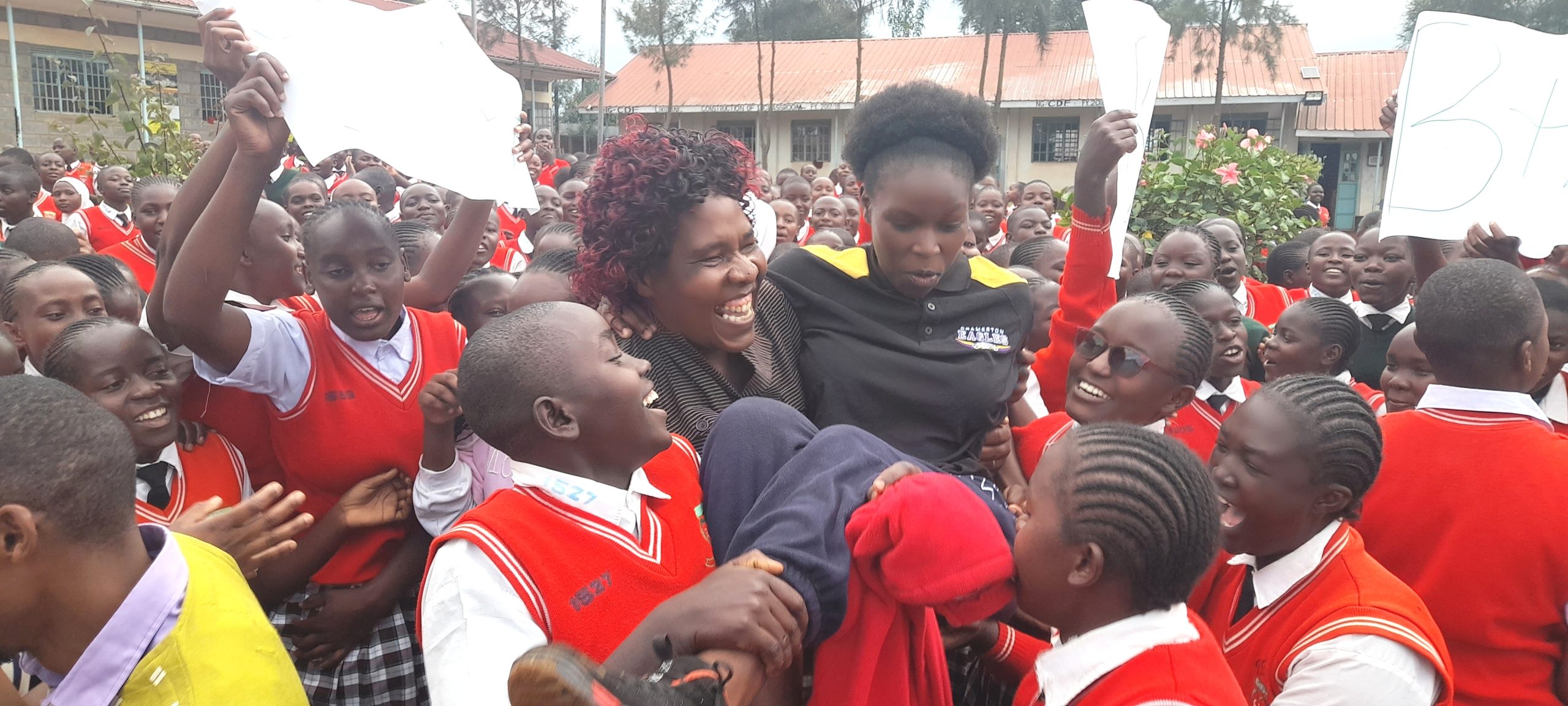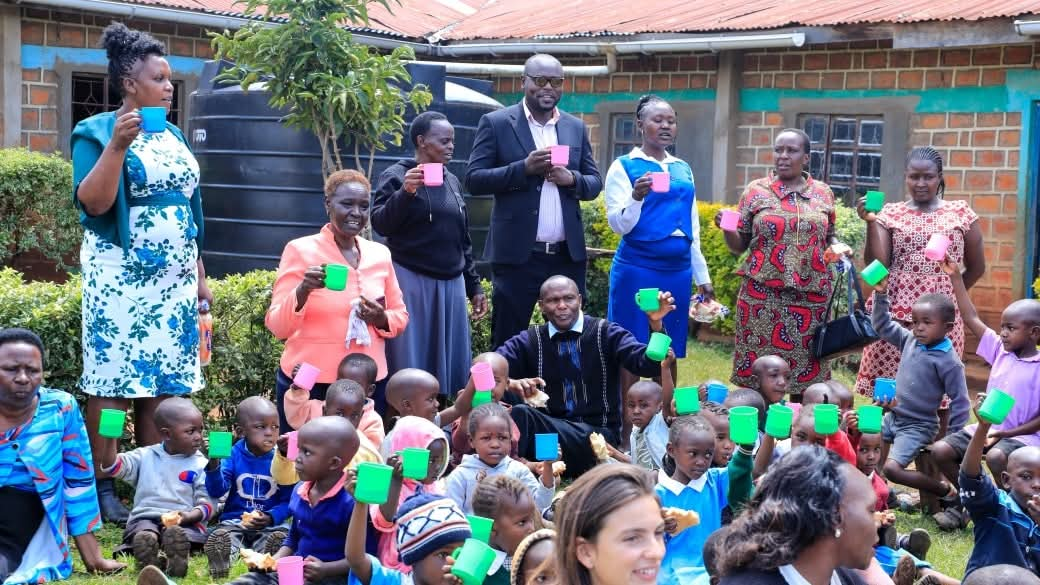vochieng.90@gamil.com
I am penning this piece in response to Kennedy Buhere’s article, which was featured on the online platform of Education Newspaper (Education News) on Tuesday, February 22, 2022. In his well-written article titled Why Grouping of Students According to Ability is Unfair, Mr. Buhere, the communications officer at the Ministry of Education (MoE), argued that it is utterly wrong to group learners based on their abilities for umpteen reasons best known to him as an educational pundit. He postulated: Ability grouping hurts students’ motivation to learn. It affects their sense of belonging in the school. Students who have learning difficulties are stigmatised as not good enough to interact with the ones with high abilities. It upsets the special bonds students have built over the period of study while at school. This penman went further to posit that ability grouping grossly ignores the self-fulfilling prophesies – Pygmalion Effect – which basically says that the teacher expectations influences the students’ performance to a great extent that if a tutor expects the learner to do well, that will possibly come to pass. Positive expectations lead to positive results.
Personally, I believe in the puissant impact of those self-fulfilling prophesies – Pygmalion and Golem Effects. Connected to this, is the Sociological Theory called Labelling Theory, which I learnt alongside Conflict Theory associated with Karl Marx and Critical Pedagogy Theory attributed to Paulo Freire. Proponents of the Labelling Theory hold the view that it is misguided to label learners as weak or the tail. No wonder, schools should be careful on how they label particular streams. If they call one stream Elephants and the other one Squirrels; for the latter, this will in turn have an impact on their self-esteem, which happens to be the seat of academic performance. No wonder, most schools are settling on general positive names like Achievers, Conquerors, Victors, et cetera.
In the whole scheme of things, ability grouping has more merits than demerits. When we scratch the surface, we can excavate the golden aspects of ability grouping. This is more so when it is given a well-thought-out approach. The way it is introduced to learners, and comments teachers make carry a lot of heft and weight.
In the well-written book titled the Masterclass Blueprint, Paul Wanyonyi posits that ability grouping is one of the best strategies that enhances content mastery and retention in the candidate class. There are five approaches to ability grouping: general, subject-based, academic villages, parenting groups, (family units) and pairing of students.
In general ability grouping, candidates are put in streams based on their academic performance. After sitting for a standard exam, students can be streamed as top, middle and bottom classes; without labelling them per se. This in turn helps the school to focus on fattening the head, as they cut or reduce the size of the tail.
By and large, the top class is made up of high achievers, academically-gifted candidates who can fight for the enviable positions in the top 20 or 100 in the giant list of national champions. For the dream to come true, they should work on the Principle of Continuous Improvement (PCI), sit for at least a full paper on daily basis, engage in self-evaluation, conceptualise the art of examination, fill the yawning gaps, work for straight A’s in the subject cohorts, engage in peer teaching and be prone to one-on-one conferencing with teachers.
The bottom class is made up of aspiring high achievers, who should believe that there is room for improvement by taking RATs and remedial lessons seriously. They should grasp the basic simple concepts in Forms 1 and 2 and focus on all forms of consultation. Master the art of examination like the Table of Specification (ToS) or the Test Blueprint (must come areas); is preeminent. In the whole scheme of things, struggling students should target D+ (plus) and above in the core subjects, and a C and above in the optional subjects.
In subject-based grouping, tutors basically group candidates according to their performance in particular subjects. Teachers can have one-on-one conferencing sessions with each group. The bottom group should be able to score above a C- (minus) in the subjects. Pertaining academic villages, candidates are welded together based on their common targets or aspirations. For instance, student leaders can be put together, and be pushed by the powers-that-be to register peak performance in KCSE.
In parenting groups or family units, schools form families. Every family must have a teacher-parent to guide students. Candidates should never be left to operate on laissez faire basis. High achievers should be paired with aspiring high achievers.
Therefore, ability grouping is not unprofessional as advanced by Mr. Buhere in his article that was splashed as the talking point in the readers’ corner. Also, it does not infringe the children’s prerogative to stretch their intellectual powers to the acme as he claimed. Somehow, somewhat, those who are at home with Educational Psychology are cognizant of the insightful fact: there are individual differences in learners. Teachers who know it: encourage strugglers, guide high achievers and praise those who improve exponentially. Learners are not wired the same, they understand things differently. That is why after KCSE, some manage to matriculate into universities to pursue alpha courses like Medicine and Engineering, while others enrol in middle-level colleges for TVET (artisan and foundational) courses.
The writer is an editor, orator and author. He rolls out pep talks and training services.






